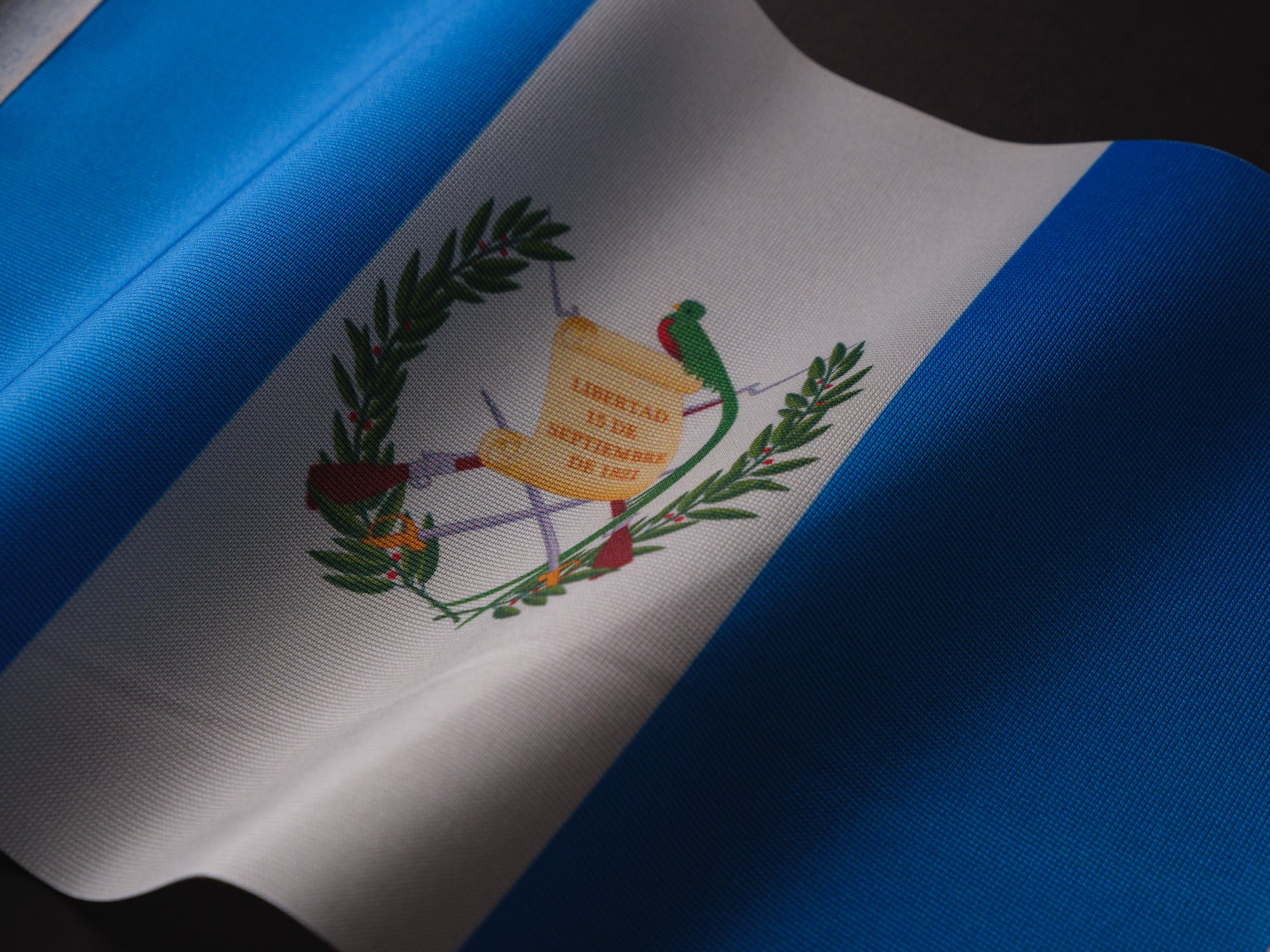© Photo by Engin Akyurt from Pexels

Human rights defender's story: Mario Domingo, human rights lawyer from Guatemala
Mario Domingo, a Guatemalan human rights lawyer, battles corporate human rights violations. He urges international action, highlighting the need for UN scrutiny of business practices prioritizing human rights over profits.
Mario Domingo is a human rights lawyer and adviser to the International Commission of Jurists in Guatemala. He works on the grave human rights violations that take place at the hands of businesses in Guatemala. Although Mario holds strongly that all human rights are equal, he sees economic inequality as the source of all violations of human rights. It is for this reason that he has been motivated towards the protection of everyone’s human rights against powerful and rich business interests.
“What most interests businesses are profits at the cost of the dispossessed”
In Guatemala, as in many other countries, human rights abuses by businesses against the population are becoming more and more serious. Businesses insist on legal parameters and guarantees, but interpret this in such a way that the rights of workers and population in general are diminished. They strive to brush away obstacles to administrative processes, not caring if the advantages they gain minimise the rights of others. They look to increase labour flexibility, with the aim of reducing existing labour rights, which came about through heroic efforts by workers after centuries of repression.
Mario says that businesses, and in particular multinational corporations, take advantage of State weaknesses, to benefit their own industrial, commercial or extractive activities. For the populations affected as a result, this provokes an understandable resistance. Indigenous populations have been particularly badly affected.
The fact is that the companies have power, not only to take on lawyers which specialize in corrupting the system, but in those in the judiciary who provide for impunity and guarantee that the companies win the legal processes started against them.
“Guatemala is but one example of what is happening in the world, and where there is improvement in the world, things will improve for Guatemala too”
Mario wants to see measures adopted that provide a real guarantee of the rights of people, especially indigenous people whose rights are frequently violated. There are many cases that show the urgency of adopting such measures, not just talking about doing so or resting on good intentions.
A human rights defender in Barillas remains in prison to this day after the lawyer of the company against whose activities he was protesting, requested the judge to continue to hold him whilst evidence against him was gathered, even though the Public Prosecutor’s office found no evidence to hold him in prison. This illustrates the power that these companies have. Ignoring situations like these creates resentment and instability.
“I have hope that the demand that no one should be above the law will be met”
In Guatemala there are only minimal legal protections for the human rights of the population at large, and even those minimal protections are systematically undermined by the lack of a culture of protection of human rights by the judiciary, corruption, and a political tradition of protecting businesses. According to Mario, it is economic power and political power that really influence governments. While he has hope that his demands, and the demands of defenders like him, that no one is above the law will be met, he remains sceptical that it will be possible to secure institutional commitment to human rights and equality.
As a first step, given the near impossibility of immediately ending abuses by companies, Mario argues that States should commit to taking measures that protect the rights of human rights defenders, ensuring that they have access to efficient and robust justice mechanisms. The ability of human rights defenders to speak out against the violations of corporations is the first step towards ending the lawlessness with which they often currently operate.
“We need to harness the political leverage of the UN to start to change things”
Mario recently participated in ISHR’s Geneva Training Course, where he was given the opportunity to learn about the UN’s human rights systems, and to put this knowledge into practice by accessing the system at first hand in Geneva. This, he says, enabled him to get a much fuller and more comprehensive understanding of how the defence of human rights can be approached.
Mario sees great opportunity for domestic change through engaging with relevant international bodies. As demands for change internally have not been effective due to the ingrained culture around businesses and corruption, he sees the international system as offering the political leverage that could catalyse change. Mario also sees benefits in learning from other countries that have faced similar challenges.
“My hope is that the UN should look much more closely at what is really happening”
As for what the UN should be doing in the months and years ahead, Mario’s hope is that the UN will look in more detail at the underlying dynamics around business and human rights.
The UN’s interest in regulating the conduct of businesses should ensure that businesses understand that their activities cannot be solely about making profits but about fully respecting life, through respecting the human rights of everyone. There is an urgent need to address this problem in a fundamental way and a need for relevant international bodies to pay great attention. It is here that the UN could play a crucial role.
To learn more about the work of Mario and the International Commission of Jurists, see http://www.icj.org/country/americas/guatemala/
